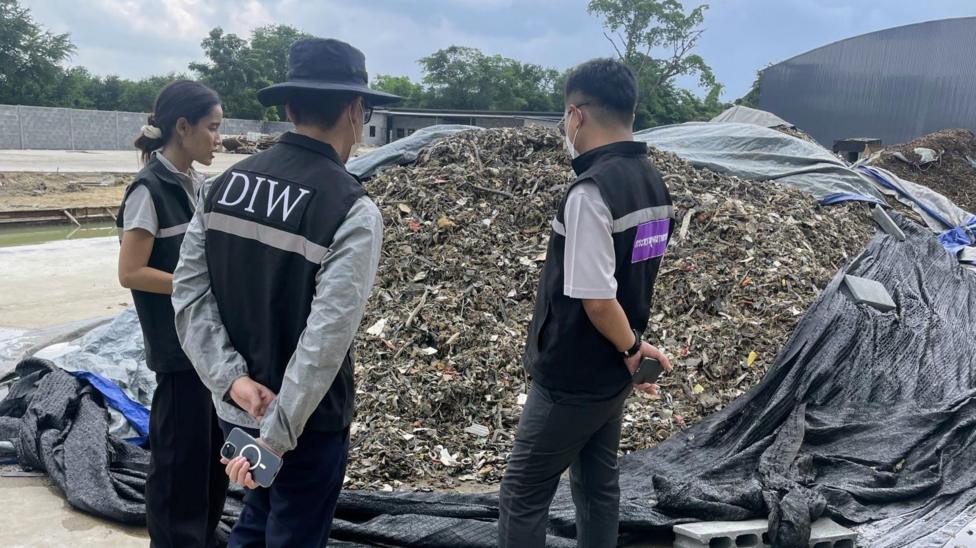Summary
Thailand is facing a growing problem with electronic waste, often from Western countries. The government is trying to control this by inspecting and closing down unlicensed recycling plants, but the situation is worsening as more e-waste is mislabelled and illegally processed, harming the environment.
Key Facts
- Thailand is inspecting unlicensed recycling sites to control electronic waste.
- China banned e-waste imports in 2018, causing more waste to be sent to Thailand.
- Thailand's e-waste imports have increased from 3,000 to 60,000 tonnes in ten years.
- Many e-waste shipments are falsely labelled as second-hand goods for resale.
- Processing e-waste can release harmful chemicals like mercury and lead.
- The valuable metals retrieved from waste are often exported to China.
- These recycling practices are damaging the environment and people's livelihoods.
- Despite a 2020 import ban, Thailand still struggles with illegal e-waste processing.

